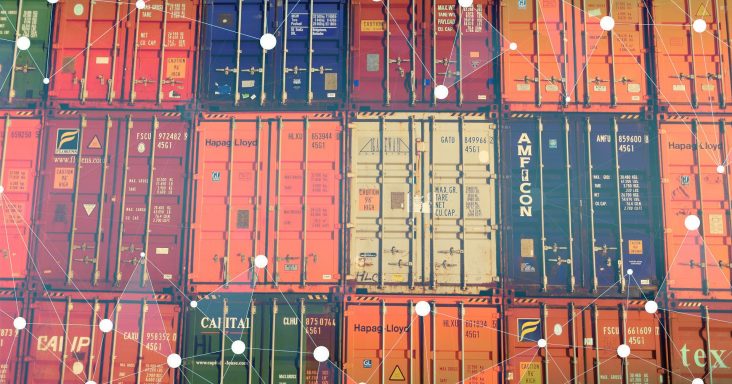Tech investments to continue in logistics industry, report shows
by August 17, 2023 12:02 pm 814 views

Logistics companies have increased their technology spending in the wake of global supply chain disruptions, according to a recent report. The companies have placed a greater emphasis on the importance of technology investments to increase productivity and efficiency.
The survey-led report was created by Reuters Events in partnership with CargoWise. The survey included 468 logistics and supply chain professionals worldwide.
According to the survey, 82% of respondents have increased their technology investments over the past three years. The majority (64%) of respondents have invested in supply chain management systems. About half (48%) invested in digital documentation, and 39% invested in warehouse automation.
Over the next 12 months, half of the respondents expect their spending to remain consistent in their investments in new information technology (IT) systems and technology. Over the same period, 45% of respondents expect the spending to rise.
The report shows that supply chain complexities which intensified amid the pandemic, geopolitical events and challenging economic outlook increased the demand for companies to optimize inventory, improve visibility and to better coordinate among stakeholders. Also, increasing competition in the logistics industry and the growing demand from customers for timely and accurate information regarding their shipments have contributed to technology investment growth. According to The International Air Transport Association, shippers’ top priorities in transforming the supply chain include digitalization, cost reduction and sustainability.
One of the surprises in the Reuters report was that only 23% of respondents have made investments in cybersecurity. According to the Check Point 2023 Cybersecurity Report, the transportation sector experienced a 41% increase in the average number of cyber attacks in 2022 compared to 2021. According to Reuters, the logistics companies’ existing level of cybersecurity spending might suggest an expectation that the technology tools and service providers they use already have built-in security measures. Still, the variety of systems that logistics companies use can contribute to security risks and compatibility issues. However, a uniform system with a central database can help to mitigate risk.
The report also noted that despite the recent media attention, only a small percentage of logistics companies are investing in artificial intelligence and augmented reality.
According to the report, almost half of respondents have digital transformation projects scattered throughout various departments or don’t know where to start. “A fragmented approach often results in isolated efforts that fail to deliver the full potential of transformation,” the report shows. “Worse still, indecision on where to start creates paralysis, hindering progress and delaying the realization of initiatives and investments.”
The top three opportunities that respondents’ technology solutions have created include increased operational efficiency, improved customer service and reduced costs. Over the past three years, the top three impacts of respondents’ technology investments in visibility tools included improved efficiency, accuracy, and scalability of operations, reduced manual processes and improved data integrity, and enhanced customer service.
According to the report, 53% of respondents said a lack of resources to drive adoption was the top challenge to implementing technologies that have enabled more visibility throughout operations. Second, at 38%, was workforce resistance to change, and this was followed by no perceived return on investment (34%).
The report also highlights what companies should do to help implement new technologies. More than three-fourths of respondents (77%) said providing extensive training on the new processes and technologies to ensure a smooth transition will help when changing technology. And, 63% of respondents said to provide regular updates and feedback to employees on the progress of the change, while 54% said to have a dedicated team of change managers who are available to provide guidance and support during the transition.
Respondents said employees’ top concern with new technologies is the difficulty in adapting existing processes to the new technology. Other concerns include fear of the unknown and the costs of acquiring and maintaining new technologies.
